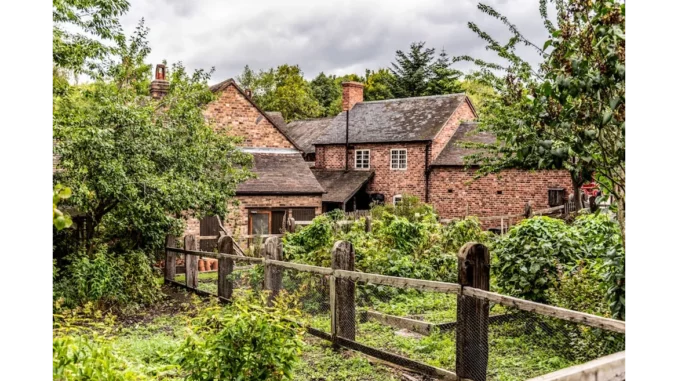
In the current era where sustainability has transcended from a mere choice to an imperative, the City of Wolverhampton is embarking on a significant venture to replace 99 outdated bungalows with modern, energy-efficient homes. This ambitious project is more than just a construction endeavour; it embodies a far-reaching commitment to enhancing living conditions, mitigating environmental impact, and fostering a resilient and inclusive community.
Successful low-energy building design hinges on careful planning. Focus360 Energy can help.
The existing bungalows, relics of post-war prefabricated housing, have been declared defective under the 1985 Housing Act. These structures suffer from numerous issues, including leaking roofs, inadequate insulation, and wet rot in the flooring. Such deficiencies render them economically unsustainable to maintain and pose potential risks to tenants’ health and well-being. City of Wolverhampton Council Deputy Leader Steve Evans has underscored the urgency of the situation, noting that the current housing conditions are untenable both economically and structurally. Consequently, the decision to replace these homes is driven by an imperative to prevent further adverse effects on residents.
This redevelopment project forms a crucial part of the Wolverhampton Council’s broader strategy aimed at addressing the challenges associated with 4,100 homes constructed using non-traditional methods. The initial phase of demolition is slated to commence this month, targeting 26 bungalows within the Lincoln Green Estate and other localities. This marks the inception of a transformative journey towards the creation of sustainable living environments.
The new bungalows are set to offer more than just robust structural integrity. They are meticulously designed to be energy-efficient, thereby significantly lowering the carbon footprint linked with residential living. The importance of energy-efficient housing cannot be overstated. It not only reduces utility expenses for residents but also aligns with broader environmental objectives by diminishing energy consumption and greenhouse gas emissions. These homes will feature cutting-edge insulation, energy-efficient heating systems, and potentially incorporate renewable energy solutions such as solar panels. These elements will ensure that the new bungalows are not only comfortable but also environmentally considerate, mirroring global trends in green construction and sustainable urban development.
Beyond their environmental benefits, the new housing units are conceived to be adaptable, catering to the diverse needs of tenants, a feature that was challenging with the older structures due to their inherent limitations. This adaptability is crucial in forming inclusive communities where individuals of varying ages and abilities can thrive. The council has placed a strong emphasis on community engagement throughout this process. By involving residents and keeping them informed, the council aims to facilitate a smooth transition for those impacted by the redevelopment efforts. Six tenants have already been temporarily relocated to enable construction, with measures in place to minimise disruption.
The redevelopment of the Lincoln Green Estate extends beyond a mere construction project; it represents a vital opportunity to rejuvenate the community. Through the provision of modern, energy-efficient homes, the council is making a significant investment in the future of Wolverhampton. This initiative is anticipated to enhance residents’ quality of life, instil a sense of pride and ownership, and contribute to the city’s overarching sustainability goals.
The replacement of 99 bungalows in Wolverhampton signifies a pivotal move towards establishing a more sustainable and resilient community. It reflects a steadfast commitment to improving living conditions, minimising environmental impact, and actively engaging with residents to ensure a seamless transition. As the project advances, it is poised to serve as a benchmark for other cities facing similar challenges with their housing stock. The vision for Wolverhampton extends beyond new buildings; it is about crafting a better, more sustainable community for all its inhabitants.


Be the first to comment